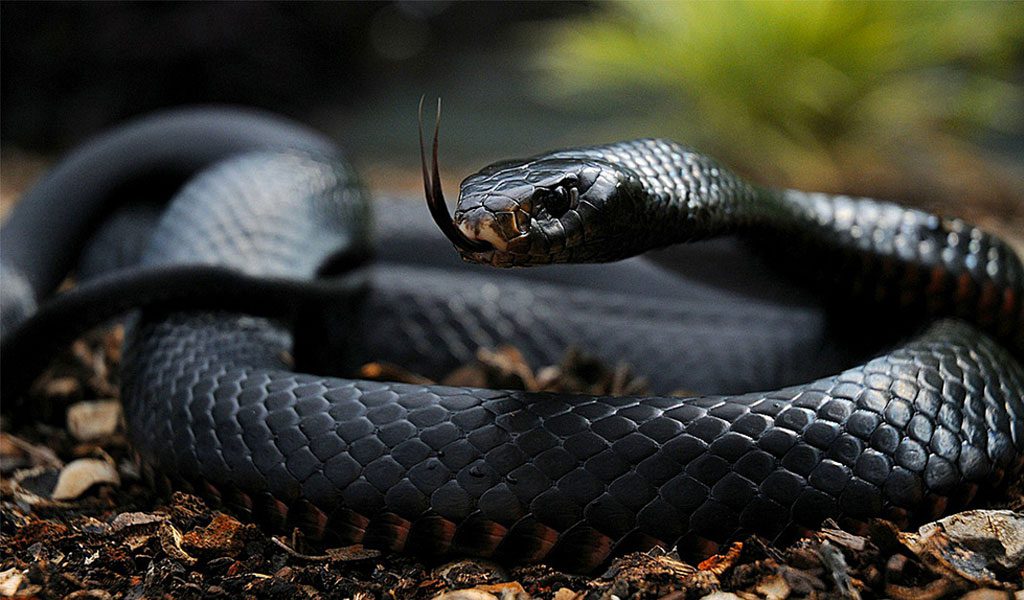All You Need to Know About the Black Mamba

Black mambas are quick, nervous, dangerous, and aggressive when they are threatened. They were held accountable for several deaths and African stories balloon mythical dimensions with their skills. Because of this, the black mamba is usually considered the deadliest snake in the world.....CONTINUE READING THE FULL STORY HERE
The black mamba is a venomous snake belonging to the Elapidae family that is very aggressive. It is sourced from sub-Saharan African countries. Albert Günther described it as the second-longest deadly snake in the world after the king cobra, with a typical length of more than 2 metres and a maximum length of 3 metres.
Range and features
Black mambas are found in the rocky slopes of southern and eastern Africa. They are the largest venomous snake in Africa with lengths up to 14 feet, but the average length is 8,2 feet. They are also one of the quickest snakes in the world, crawling at rates of up to 12.5 miles per hour.
They receive their name from the blue-black hue of the inner of their lips that they display when threatened, rather than their olive.
Black mambas are shy and almost always try to leave when they meet. When cornered, these snakes lift their heads to a third of the height of their bodies, spread cobra-like flaps, open black jaws and chop. If an opponent continues, the mamba strikes over and over again, and each strike injects huge amounts of exceedingly damaging brain and cardiotoxin.
Venom
A bite from this fiery serpent was almost often lethal before the discovery of black mamba antivenin, generally within 20 minutes. In remote regions, antivenin is unfortunately limited, and mamba-related deaths continue to be widespread.
The infiltration into the territory of Black mamba not only puts the species under stress, but also raises the probability of damaging human encounters.
